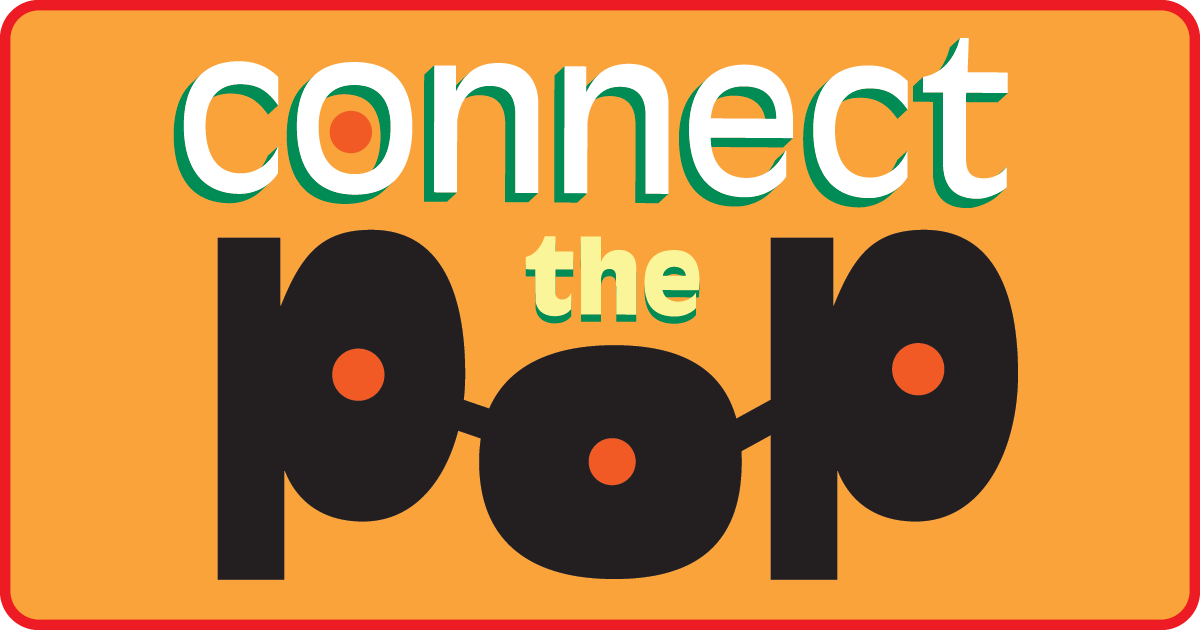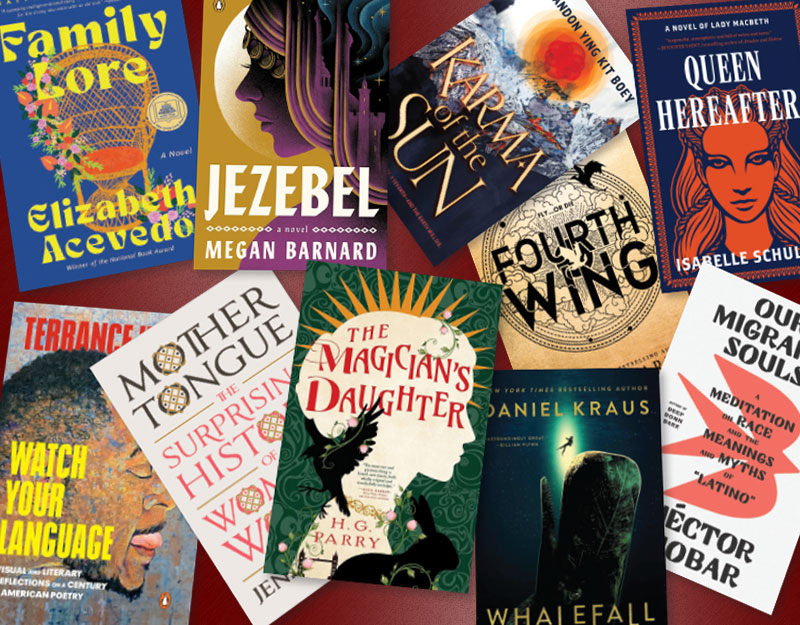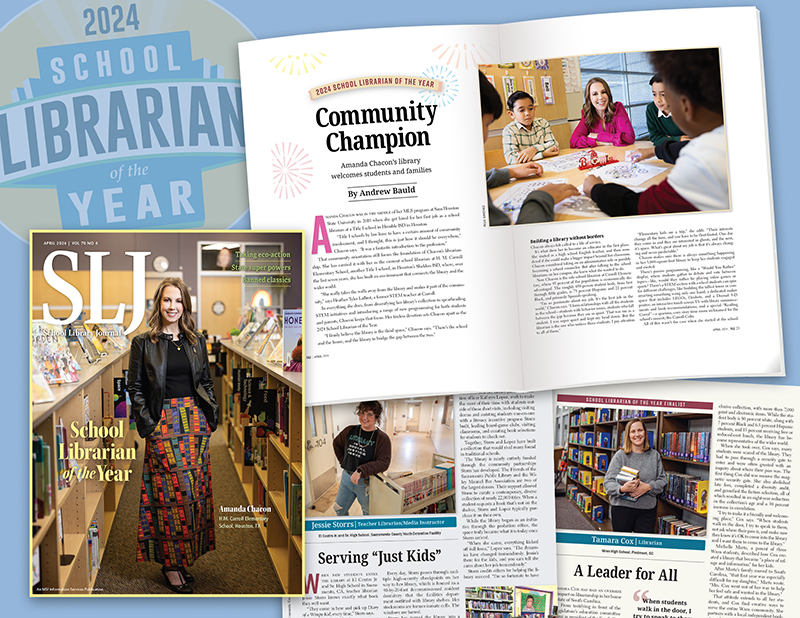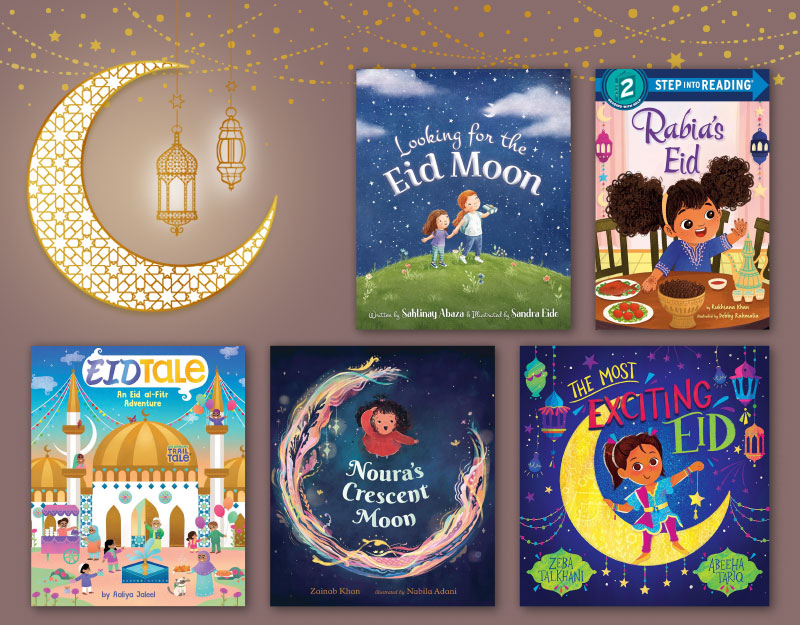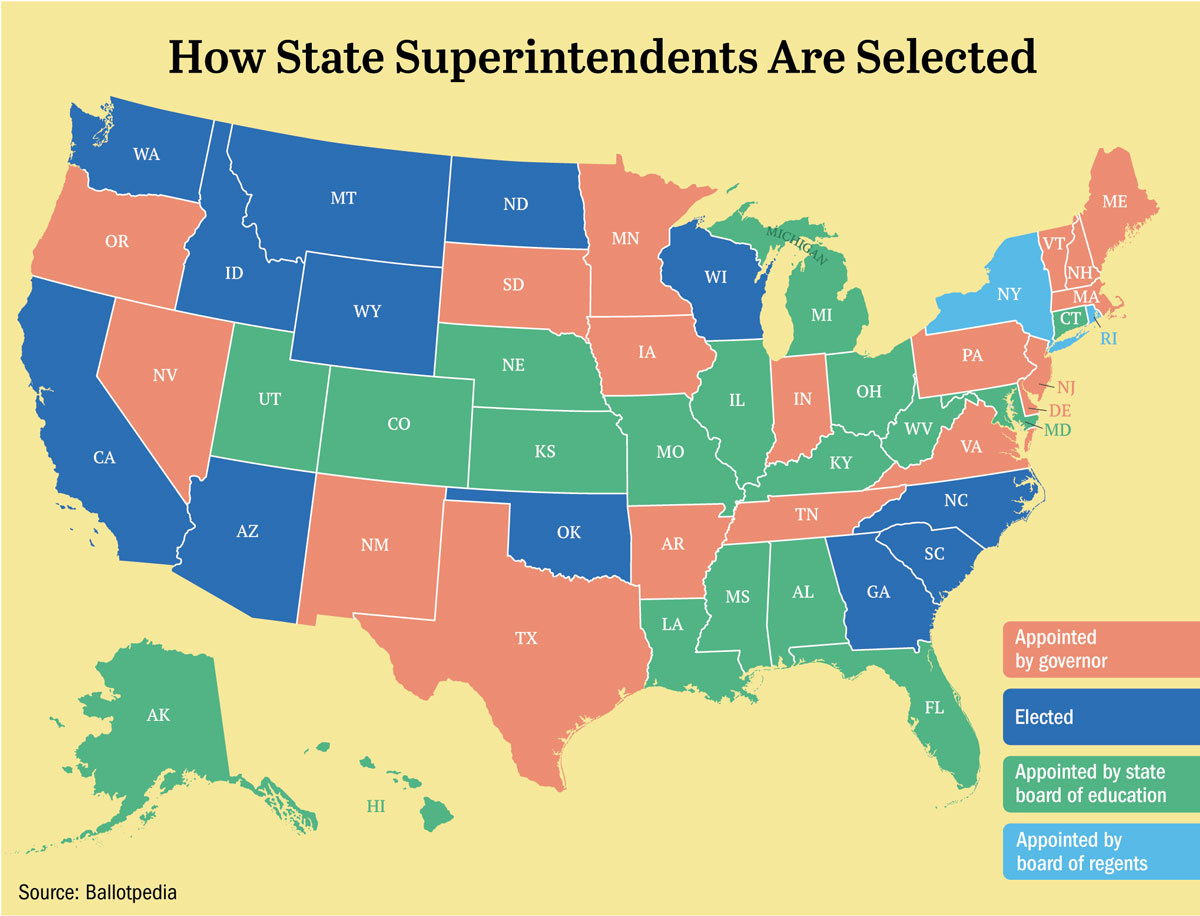SCROLL DOWN TO READ THE POST
Writing Themselves Into a Frenzy
 Want to connect media education with the English Language Arts curriculum, high-interest pop culture, and more “literacies” than you shake a stick at? Then think hard about adding the reading and writing of scripts to your bag of tricks.
Want to connect media education with the English Language Arts curriculum, high-interest pop culture, and more “literacies” than you shake a stick at? Then think hard about adding the reading and writing of scripts to your bag of tricks.
And with April right around the corner, there happens to be plenty of support, community, and resources out there—because it’s just about time for Script Frenzy to kick off.
Not familiar with Script Frenzy? Well, it’s sponsored by the same non-profit that brings us National Novel Writing Month (aka NaNoWriMo) every November, and, as with that hugely popular event, its Young Writers Program provides students with robust support via coaching, online tools, and sharing platforms. In the full-fledged version of Script Frenzy, the idea is to write a 100-page script over the course of the month, but for young writers there’s intentionally some flexibility: simply challenge yourself by setting a concrete goal and then achieve it… which is a great approach for any kind of writing, really.
ADVERTISEMENT
ADVERTISEMENT

Yes, it may be a little late at this point to start incorporating all the educator resources available, such as extensive pre-Frenzy lesson plans, but items such as the classroom kit can still provide some valuable boosts in motivation (it includes the “Stop Watching. Start Writing” buttons shown above).
And it’s definitely not too late to think about creating some targeted enrichment lessons or a mini-program wherein young writers could shoot for drafting a meaningful yet attainable writing product (e.g., the script for a short film/video or a comics script). Of course it’s possible that many of the students you know or work with are already committed to participating in Script Frenzy independently, so why not support them, too?
In fact, I’m such a big believer in the benefits of scriptwriting that I tracked down the ever-gracious Chris Angotti, Young Writers Program Director, to ask him a few questions… 
First off, once Script Frenzy begins, what updates or new resources will become available online—either for participating educators or students, or for the curious who want to get a sense of the fun and maybe consider jumping in next year?
ADVERTISEMENT
ADVERTISEMENT
In April, students and educators receive regular “cameo” articles from professional scriptwriters [collected here], and regular pep talks from the Script Frenzy staff. In addition, they can connect with other writers for advice/encouragement in our forums.
So how does Script Frenzy in schools complement media education?
Scripts are the foundation for many media that students interact with in both educational and entertainment contexts. The opportunity to write one themselves allows for a greater understanding of the elements of film, television, stage, and comic narratives. Just as professional scriptwriters do, students start with the seed of an idea and see how a script creates a blueprint for it to come to life. Many classrooms are also able to “publish” their work in the forms of student videos and other productions.
What’s the role, then, of youth and school librarians in terms of making professional scripts available to young people as mentor texts?
Our how-to and resource pages strongly suggest that a student’s first step should be reading scripts to gain an understanding of the form. Unfortunately, scripts are not generally as widely read or published as other literature. So librarians are vital professionals in the curation of professional scripts—whether it be pointing students to a proper shelf or maintaining links on a library website. They know their youth audience—and their current media obsessions—better than anybody.
Finally, what evidence do you see of “transliteracies” at work when students write scripts?
The interesting thing about writing a script for one medium is that it can be adapted for another. This isn’t as true of prose. A student’s script for a film, for instance, could become—with some tweaking—the script for a graphic novel (or a web series, or a stage play, or even a found text poem). Once she’s created all the elements, her idea can take flight in a variety of forms. In addition, her experience (in initial creation as well as “translating”) increases her ability to read narratives across multiple platforms.
***
Inspired yet? If not, don’t worry—Connect the Pop will keep covering scriptwriting in various contexts, including Script Frenzy, until you become a believer…
Filed under: Comics, English, Media Literacy, Movies, Television, Transliteracy
About Peter Gutierrez
A former middle school teacher, Peter Gutierrez has spent the past 20 years developing curriculum as well as working in, and writing about, various branches of pop culture. You can sample way too many of his thoughts about media and media literacy via Twitter: @Peter_Gutierrez
ADVERTISEMENT
SLJ Blog Network
Happy Poem in Your Pocket Day!
This Q&A is Going Exactly As Planned: A Talk with Tao Nyeu About Her Latest Book
More Geronimo Stilton Graphic Novels Coming from Papercutz | News
Environmental Mystery for Middle Grade Readers, a guest post by Rae Chalmers
The Classroom Bookshelf is Moving
ADVERTISEMENT
ADVERTISEMENT

